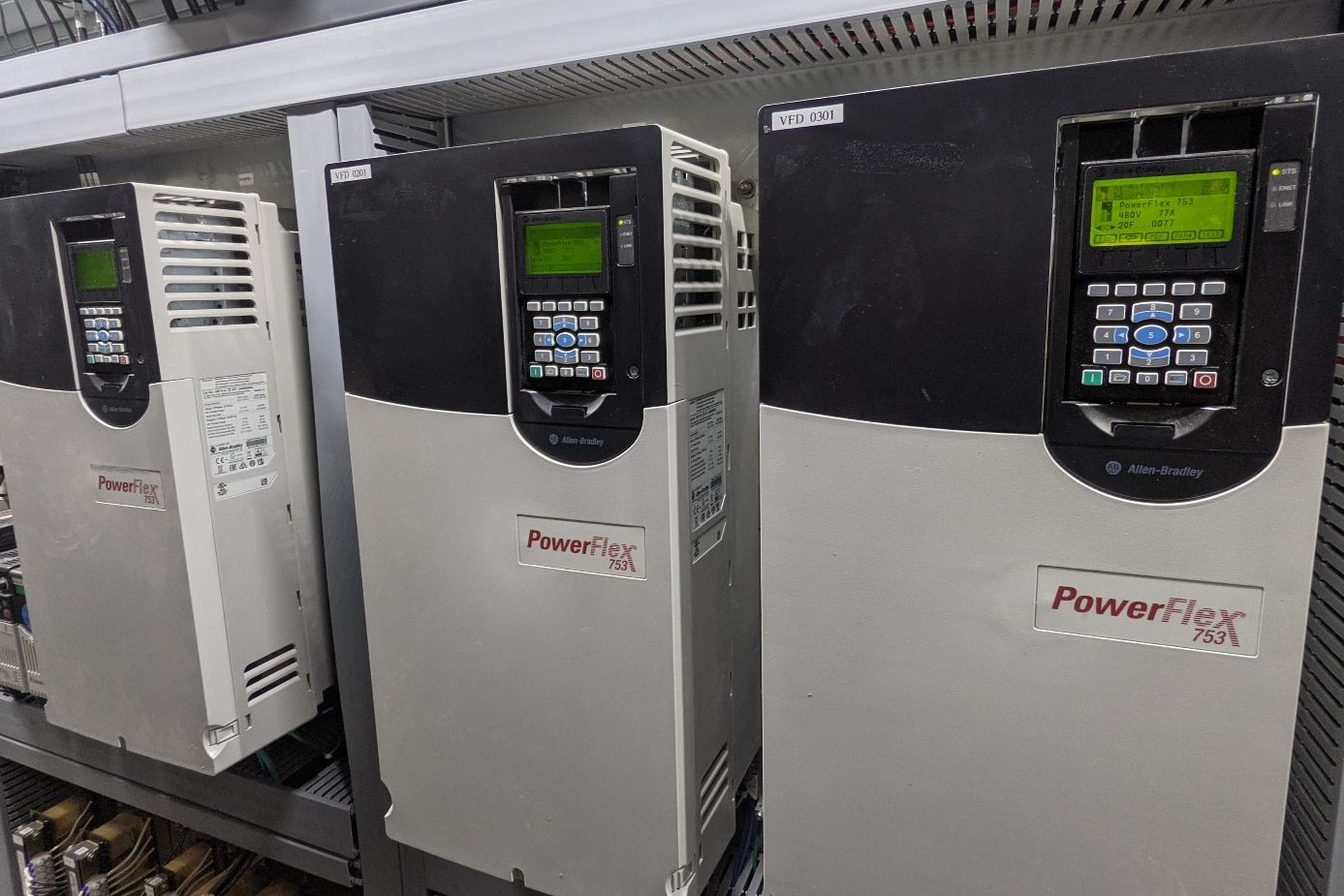Producing and packaging fresh vegetables efficiently is especially important for a country that only has a 3 to 4 month growing season. It needs to be done in a way that supports sustainable agriculture practices and greenhouse gas (GHG) reductions, while cutting operational costs along the way.
Bonduelle, Canada’s leading frozen vegetable manufacturer, is making strides to cut its electricity consumption and GHG emissions by installing 11 new variable frequency drives (VFDs) with funding support from Emissions Reduction Alberta’s (ERA) Energy Savings for Business program.
VFD’s can be installed on motors for various applications, in this case within a freezer unit to adjust the operating speed depending on the needs of the space. In the winter, when temperatures are already cold, a VFD makes sure the compressor or fans only run when they need to, instead of at peak capacity all the time.
The 11 new VFDs were recently installed in the company’s Lethbridge facility as part of a larger project to reduce the amount of electricity it uses to freeze peas and corn, which are then packaged and sent to grocery stores or foodservice providers. All the produce for its Lethbridge facility is supplied by growers in the region.
“One of the things that we are focusing on, in terms of our corporate social responsibility objectives, is reducing our carbon footprint. These VFDs will allow us to reduce our electricity consumption,” said Geoff Smart, Bonduelle’s Regional Project Engineer for Alberta and Ontario.

Bonduelle packages frozen and canned products for major private label and retail brands, and also markets its own brands, including Bonduelle, Arctic Gardens and Del Monte in Canada.
They operate in 100 countries with 17 facilities across North America.
VFDs have been installed in the facility’s main freezer tunnel to help 11 fans cool down the air temperature inside to -38 Celcius.
The technology investment has reduced the amount of horsepower required to operate the fans by 15 to 18 per cent, saving approximately $25,000 annually in electricity costs. The VFD’s are expected to save over 3,000 tonnes of greenhouse gas emissions over their life span.
“We have a goal as a company to reduce our environmental impact. A lot of the technologies we are looking at all have returns on investment that wouldn’t be suitable for us, so these programs are appealing,” Smart said.
They initially expected to see a return on its investment in eight to nine years. With just under $70,000 in incentives received through the Energy Savings for Business program, it will be closer to six years.
“Without this program and without the support of the government, projects like this may never happen,” said Smart.
To learn more about ERA’s Energy Savings for Business program, visit our website and learn how it can benefit your business.

